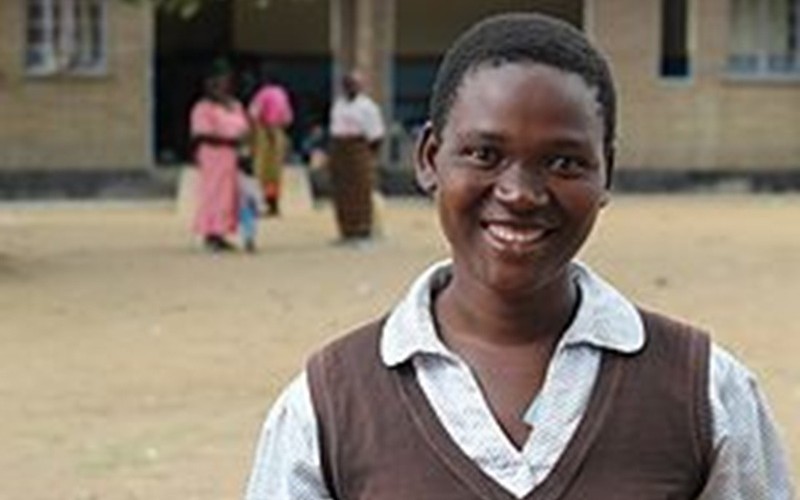
A recent five-day workshop held in Blantyre, Malawi, and supported by the Commonwealth of Learning (COL), focused on developing a costed strategy and sustainable business model for scaling blended learning at the Malawi College of Distance Education (MCDE). The workshop brought together key stakeholders and experts in open and distance learning to explore various theoretical and practical aspects of educational models, cost analysis, and strategic planning. Through a highly participatory approach, the workshop resulted in developing a draft business plan, enhanced institutional knowledge of cost structures and models, and strengthened MCDE’s readiness to implement blended learning at scale.
The workshop had several interconnected objectives. Firstly, it aimed to contextualise blended learning within the MCDE environment and understand how it could be effectively scaled to meet national education goals, such as improved enrolment and retention of girls. Secondly, the workshop sought to introduce participants to the key principles of cost analysis and business planning relevant to open schooling. A third objective was collaboratively developing a business model and a detailed costed strategy that reflects MCDE’s needs and operational realities. Finally, the workshop emphasised fostering institutional ownership through participatory methods, ensuring that the outputs would be embraced and implemented by those responsible for MCDE’s future.
The workshop yielded several important insights. One of the most significant outcomes was recognising that institutional capacity in costing and strategic planning is essential for the sustainable implementation of blended learning. The activity-based costing model was seen as well-suited to the multifaceted structure of open schooling. Participants also highlighted the need for coherent policy and governance frameworks to support the planned transition. Furthermore, the participatory format of the workshop fostered a strong sense of ownership, increasing the likelihood that the business plan will be successfully adopted and implemented. Collaboration between technical experts and institutional stakeholders was essential for grounding the plan in real-world conditions and ensuring that it addressed strategic and operational needs.
Dr Tony Mays, Director: Education COL, observed that the exercise with MCDE was part of a larger project at COL, involving both the Education and Skills Sectors, to explore business models for ODL provisions post-pandemic as Ministries and Institutions try to build education sub-systems that can be more resilient in the face of pandemics, extreme climate events, conflicts or other disruptions to in-person on-campus provision while also addressing the backlog of secondary school level students unable to access conventional provision. In light of continuing digital divides, this likely means offering several models of provision simultaneously over a multi-year period, continuing print-based and contact-supported provision for many, blended for some, and entirely online for others. This could also mean a combination of all for some – learning parts through print-based materials, part online and part contact-supported.
Image caption: Women of Malawi by Wikimedia Commons is licensed under CC BY-SA


